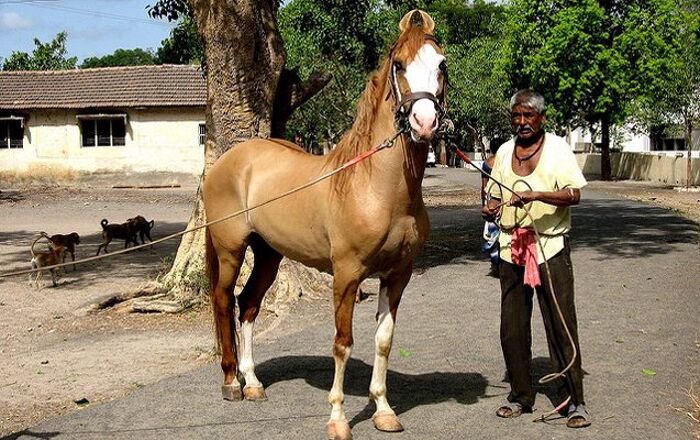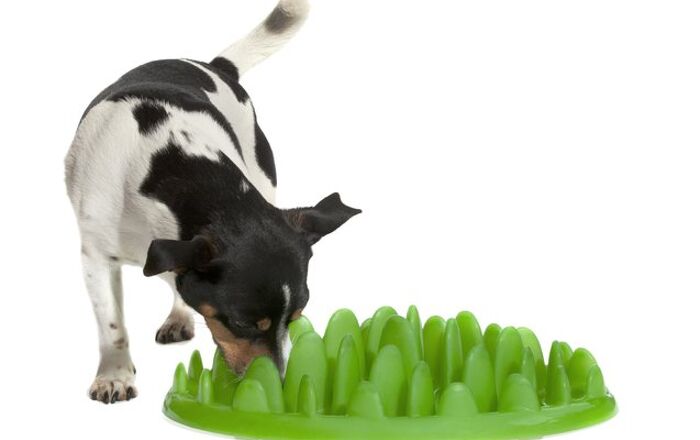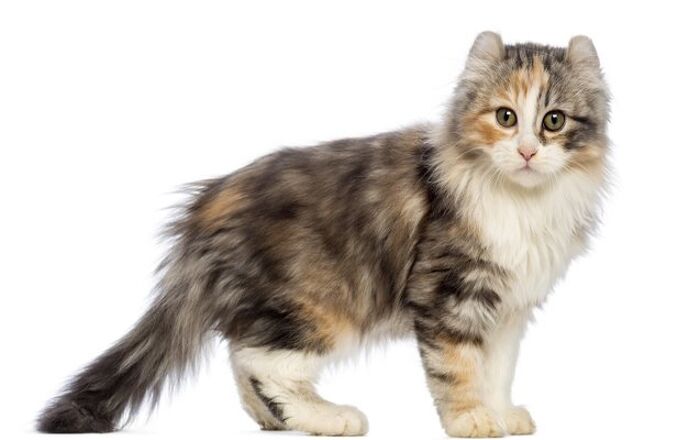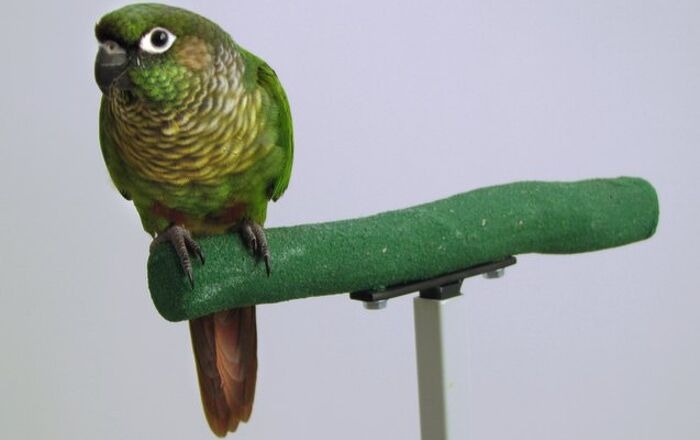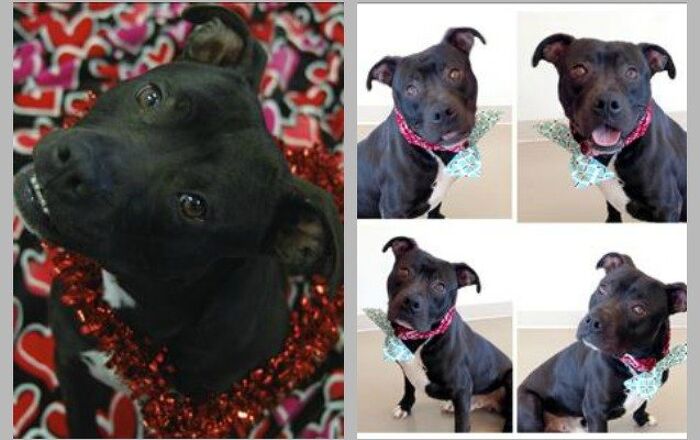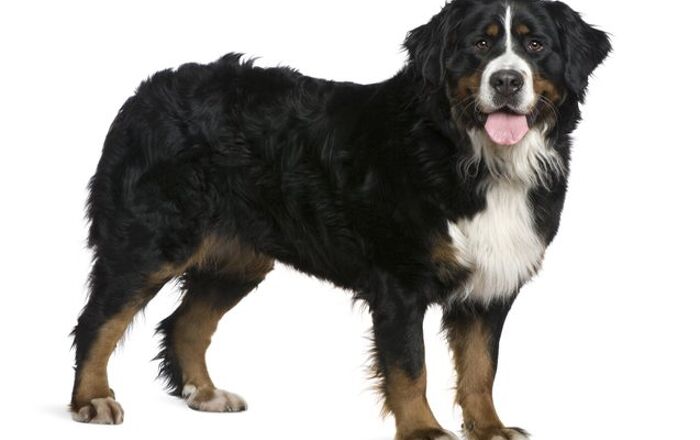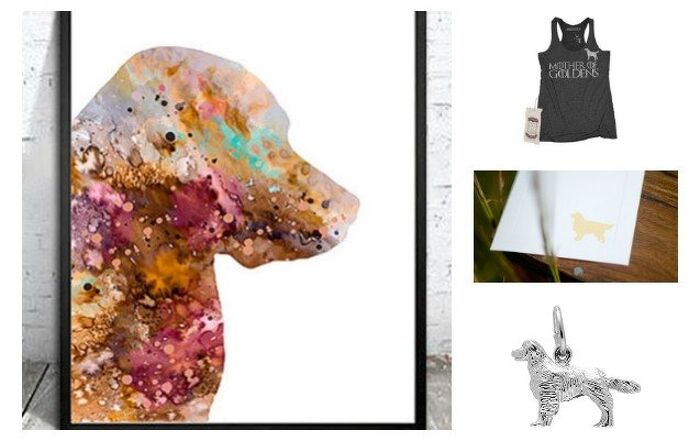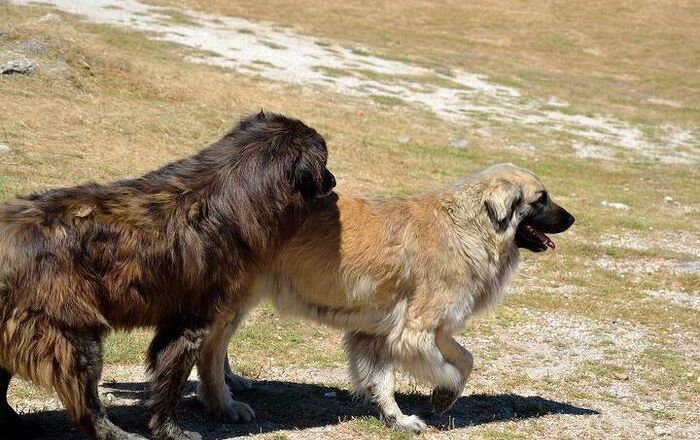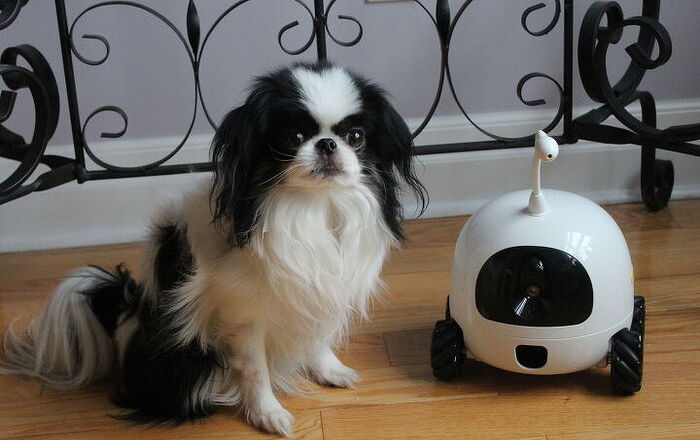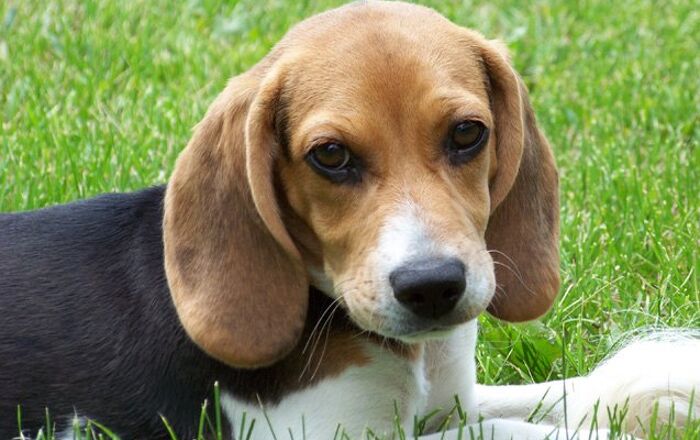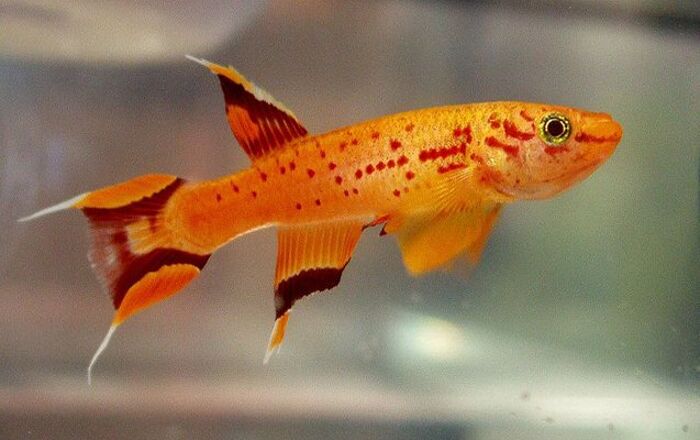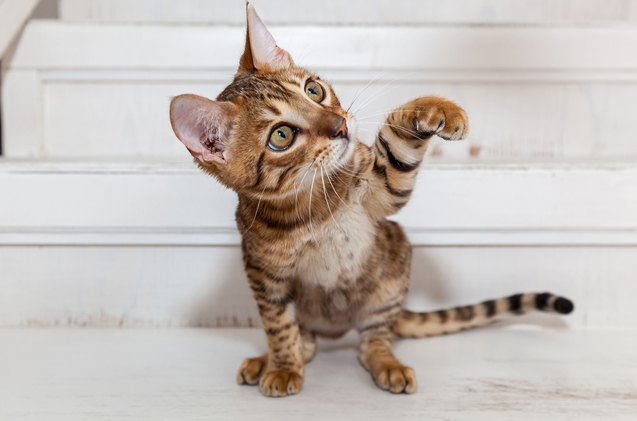
A rare condition, kittens can suffer from umbilical hernias. Here’s how to recognize one in your kitty, and what you should do if it happens.
Just like people, cats can develop hernias. And there are actually a few different types of hernias that can affect felines, such as umbilical hernia, inguinal hernia, diaphragmatic hernia, and hiatal hernia. Each has its own causes, symptoms, and treatments, and it’s a good idea to be familiar with these conditions so you can address them if your cat ever develops one of them.
In this article, we are going to discuss umbilical hernia, in particular. This is a type of hernia that can affect kittens, so if you are planning on rescuing or fostering kittens, or if you are just planning on adding a kitten to your family, being aware of this condition can help you recognize it so your pet can get the care she needs.
This condition might sound scary, but even though some kittens develop umbilical hernias, they’re typically not something that you need to worry too much about. That’s because this type of hernia is capable of resolving on its own as a kitten grows. Nevertheless, understanding what an umbilical hernia is and what it looks like will help you recognize one when you see it and get a vet involved to monitor it in case complications do occur.
What Is an Umbilical Hernia?
A kitten’s belly button is found just below his ribs, and when an umbilical hernia is present, there’s an opening within the muscle wall in this area of the body. Because of this opening, a protrusion of abdominal lining, fat, or organs occurs.
Umbilical hernias, which are typically painless, can range in size. For example, some may be less than ¼ inch in diameter, while others can be over 1 inch in diameter.
If an umbilical hernia is reducible, the protrusion could be pushed back into the abdomen. If an umbilical hernia is non-reducible, this indicates that an adhesion or obstruction has occurred.
Related:The Stages of Kitten Development
What Causes
an Umbilical Hernia in a Kitten?
When a kitten is still developing as a fetus, umbilical blood vessels are able to pass through an umbilical ring, which is the opening that’s found in the abdominal muscles, in order to provide nourishment from the mother’s body.
Normally, this ring closes completely after the kitten is born, and he ends up growing without any problems. But when an umbilical hernia occurs, there’s an incomplete closure of the umbilical ring.
Veterinary experts aren’t exactly sure what causes an umbilical hernia in kittens, but some experts think that it can be inherited or caused by trauma. This means that some cats may have a genetic predisposition to this type of hernia. In other words, a kitten might develop an umbilical hernia simply because it is a hereditary problem. For this reason, some experts advise against allowing cats that had umbilical hernias to breed, as they might end up passing this trait to their kittens.
What
Does
an Umbilical Hernia
in a Kitten
Look Like?
If a kitten has an umbilical hernia, you’ll begin to notice that there’s some soft swelling located under the skin on the belly. This typically protrudes and becomes more obvious when the kitten stands up and moves around.
What Is a
Complicated vs. Uncomplicated Umbilical Hernia
in Cats?
An umbilical hernia can be classified as uncomplicated or complicated.
What Are the
Symptoms of Umbilical Hernias
in Kittens?
When an umbilical hernia is classified as complicated, symptoms might include vomiting, a loss of appetite, depression, and warmth and pain within the area of the umbilical swelling.
Related:Common Health Issues in Kittens
How Are Umbilical Hernias Diagnosed?
If you notice the signs and symptoms of an umbilical hernia in your kitten, it’s best to take her to the vet to be examined. Your veterinarian might be able to diagnose her simply based on a physical exam by looking at and feeling the swelling in the area of her belly. However, an ultrasound or X-rays might also be ordered in order to see how severe the umbilical hernia is, and to see if any of the abdominal contents have become entrapped.
What Are the
Treatment
Options
for an Umbilical Hernia?
Even if you haven’t become aware of the signs of a hernia, your vet will be able to examine your kitten and check for an umbilical hernia during one of the many routine checkups that your kitten will need as she grows. Therefore, whether you’ve noticed it or not, your vet may discover the hernia and then recommend a course of action.
If the umbilical hernia is small, usually under ¼ inch, it might end up closing on its own without any treatment. This will typically occur by the time your pet is about 3 or 4 months old, or it might take until the kitten is around 6 months of age.
On the other hand, if the umbilical hernia doesn’t close on its own, or if it is a bigger hernia that comes with a risk of complications, your vet may recommend surgery. The surgery will correct the opening, as well as remove any fibrous tissue or scar tissue that might be present, and it will also take care of any abdominal contents that were affected to ensure your kitten will be able to heal properly.
How long will you need to wait to see if an umbilical hernia will resolve on its own? Well, your vet might wait until your kitten is old enough to be neutered or spayed. If, by that point in time, the umbilical hernia is still a problem, the surgical repair might even be done at the same time as the spay/neuter procedure. This might help make the process as easy as possible on you and your pet.
When tissues or a part of the intestines do get trapped and strangulated as a result of an umbilical hernia, the kitten will require emergency surgery. This is rare, but it’s important to keep an eye out for signs of complications if your kitten is diagnosed with an umbilical hernia.
In uncomplicated cases that resolve on their own, and in those cases where surgical correction is necessary, the prognosis for kittens with an umbilical hernia is very good. Few cats will end up experiencing a recurrence or complications from corrective procedures. But the key is to get the right diagnosis and treatment as soon as possible. So, if you think that something is amiss, let your veterinarian know so he or she can examine your pet.
Knowing About Umbilical Hernias Can Certainly Be Helpful!
Now that you know a bit about umbilical hernias in kittens, you can recognize them more easily if you adopt a kitten or you work in rescuing kittens. And this means that you can give your kitty the proper treatment when it’s necessary. Just remember that it’s always best to have your pet examined by a vet to get a proper diagnosis and treatment, even when it comes to umbilical hernias.

